| Getting your Trinity Audio player ready... |
Written by BISP Secondary Mathematics Teacher Gemma Clark
The International Baccalaureate (IB) programme offers two Mathematics courses: Applications and Interpretations, and Analysis and Approaches. These courses provide a solid foundation in mathematical concepts and techniques, but they differ in terms of their focus and the types of skills and knowledge involved. Each is designed to cater to different interests and career paths, and it is important for students to understand the differences between them in order to make an informed decision about which course is right for them.
Applications and Interpretations is a Mathematics course that focuses on the application of mathematical concepts to real-world scenarios. This course is well-suited for students who are interested in pursuing careers in fields such as Business, Economics, and the Social Sciences, as it emphasises the practical use of Mathematics in these areas, including the use of mathematical models to interpret and analyse data. Students studying this course are encouraged to think critically and creatively.
On the other hand, Analysis and Approaches is a Mathematics course that focuses on more abstract and theoretical mathematical concepts. This course is well-suited for students who are interested in pursuing careers in fields such as Engineering, Computer Science, and Natural Sciences, as it emphasises the use of more ‘pure’ Mathematics in these areas. This course is more challenging than Applications and Interpretations, and it is recommended for students who enjoy abstract thinking and who have a strong foundation in Mathematics.
At BISP, both of these courses may be taken at Standard Level, and in the case of Analysis and Approaches, also at Higher Level. All of these routes lead to the award of the IB Diploma, which is a globally recognised qualification that is highly prized by universities and employers. However, the specific Mathematics course that a student chooses can have an impact on future career and academic prospects, as certain fields may place a greater emphasis on one course over the other.
It is important for students to carefully consider their interests and career goals when choosing which IB Mathematics course to study. Both courses are valuable in their own right and will lead students to successful careers, but understanding the differences between them can help students make an informed decision about which course is best aligned with their particular ambitions and aspirations.



